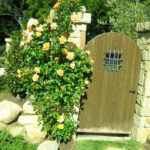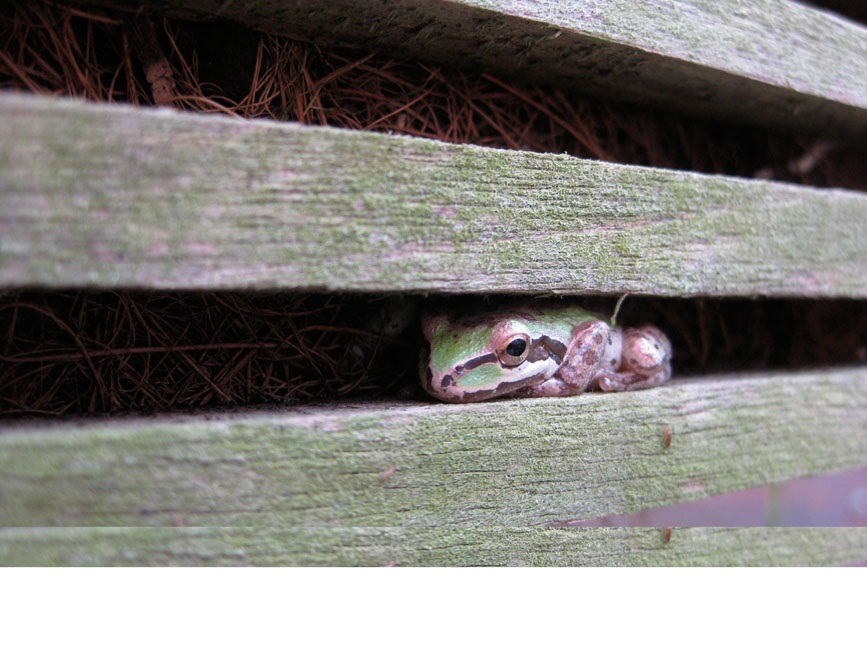 Garden Coaching
Garden Coaching
I didn’t know that there was such a thing as a Garden Coach until I spent some time in the Northwest. While up there, I met a garden coach and then later read about one and still later, heard a story on NPR about a garden coach. It sounded to me like the coolest job. I wondered. Do I get to wear a whistle? Make folks do push-ups in the dirt? Would my clients call me “Coach”? After some investigation, I discovered that a garden coach goes to people’s homes and shows them how to garden and works with them, hands-on, in their gardens. I wanted to be a garden coach.
Then I realized that to many of my clients, I already was a garden coach. I have been showing clients how to prune their roses for years by having them work with me in their rose gardens. Many people schedule my visits specifically when they’re home so they can learn how to lift and store dahlia tubers, build a tomato cage or even set gopher traps.
Yes having a garden coach is so, uhhh, “Seattle”. But if you’d like some hands-on assistance with some aspect of gardening or just want someone to be your gardening “training wheels,” I can help with that. And I promise you don’t have to call me “Coach”.

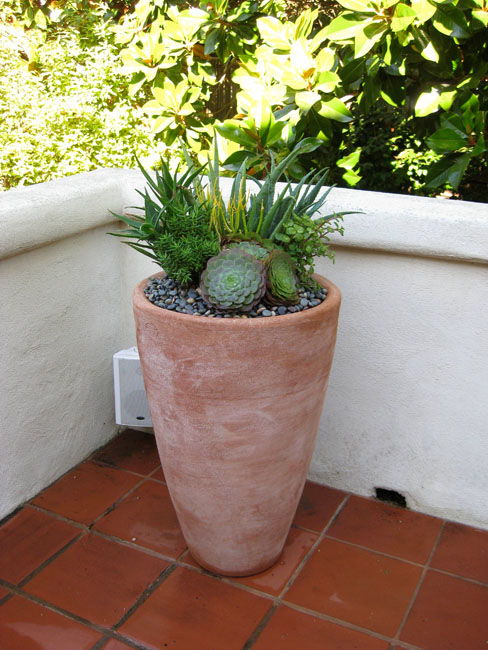
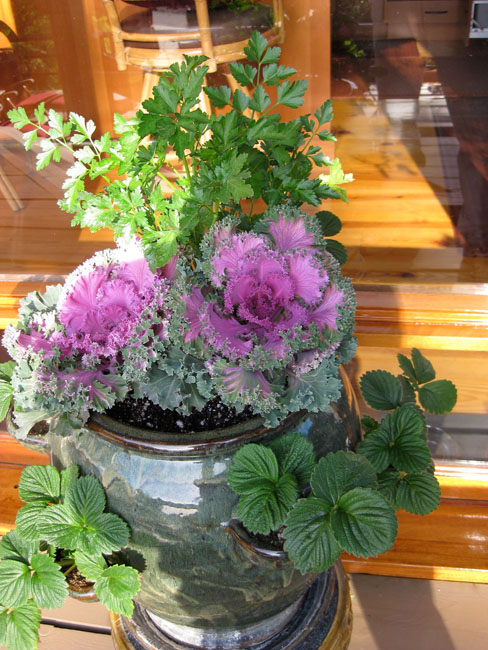
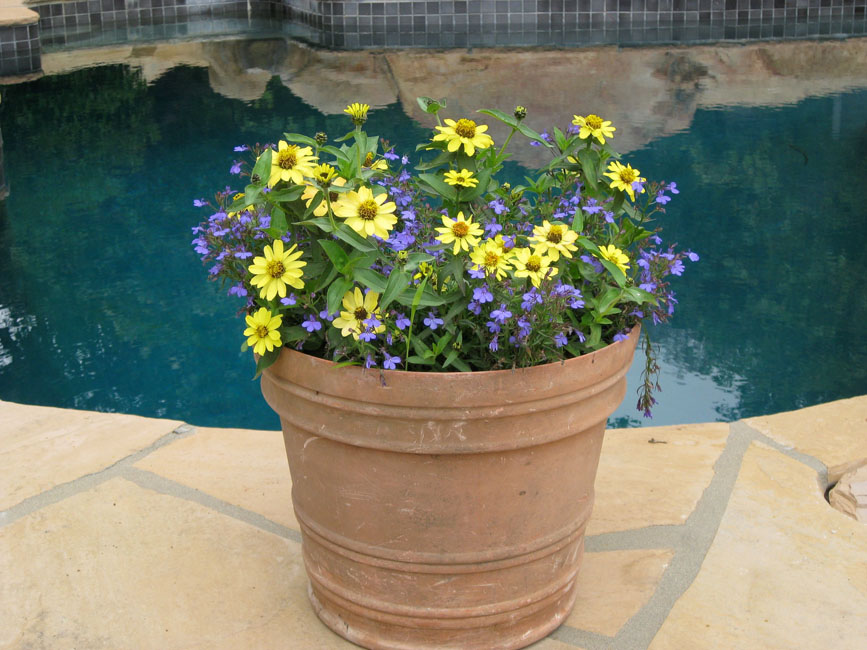
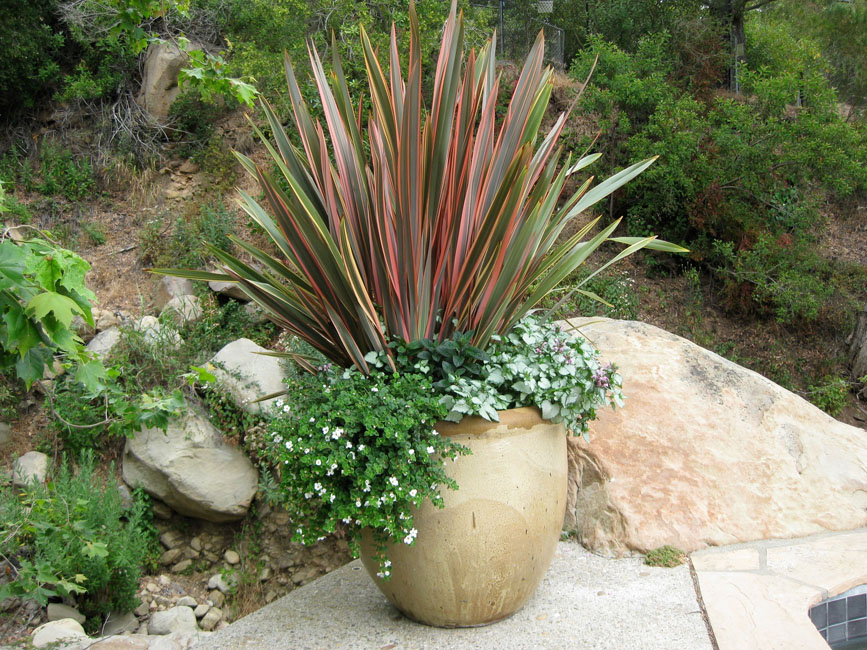
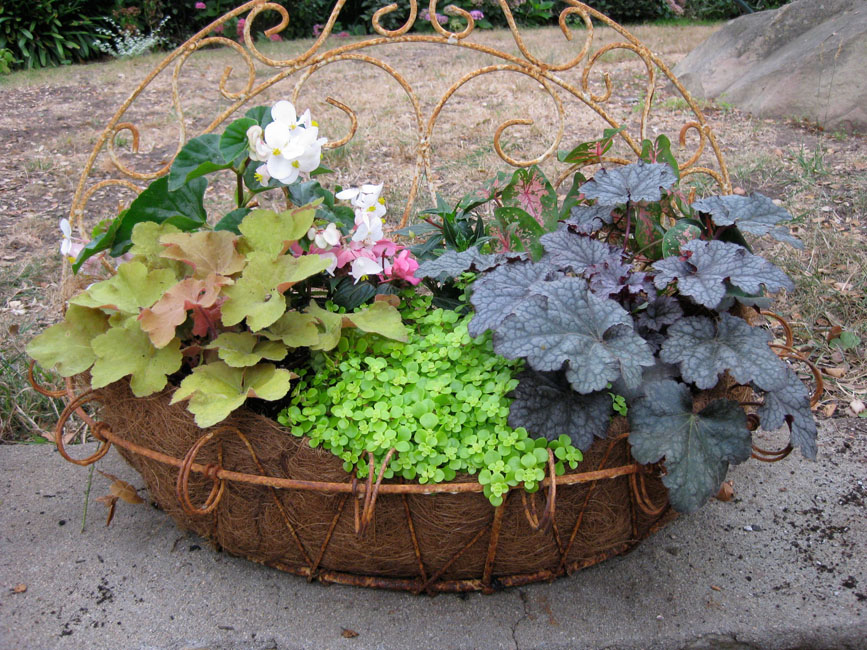
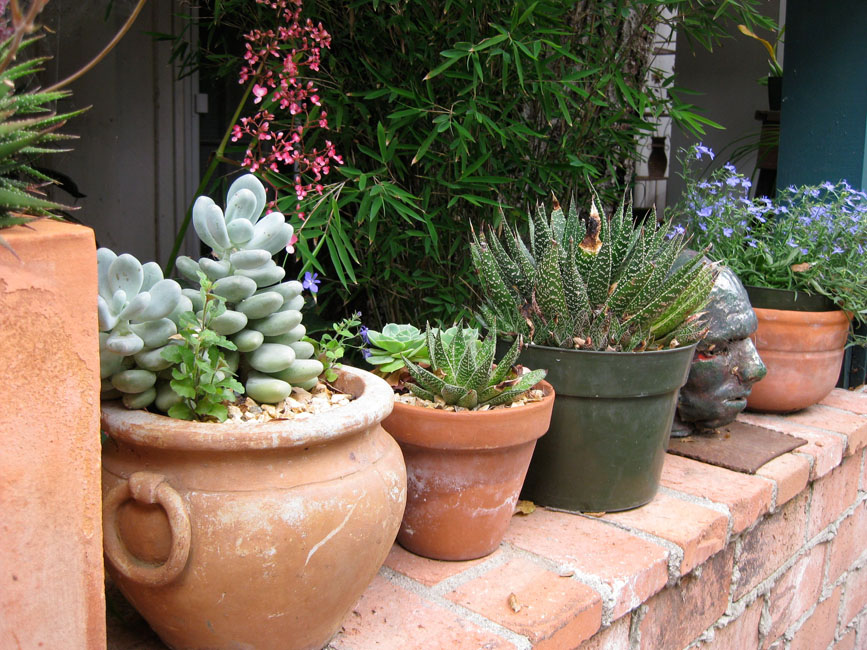
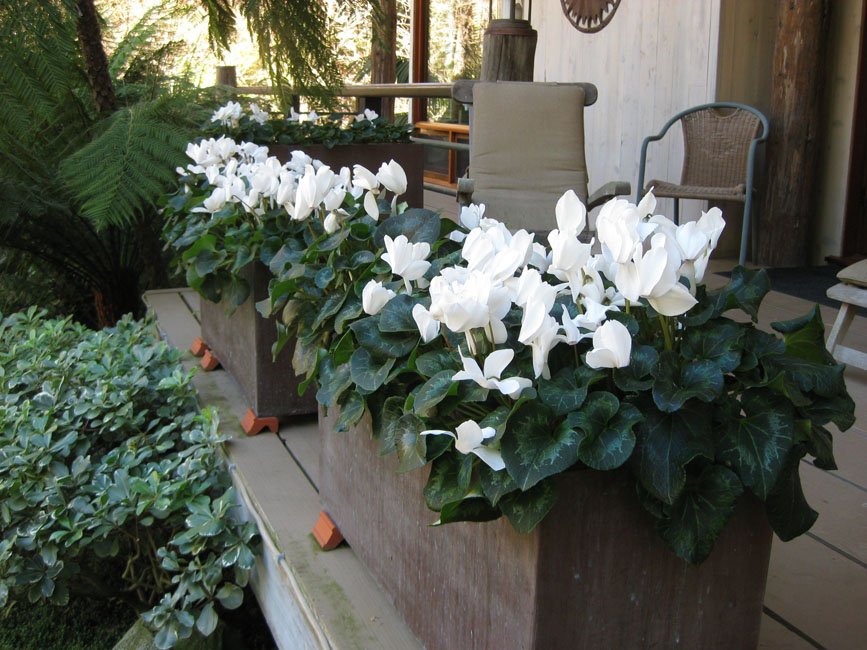
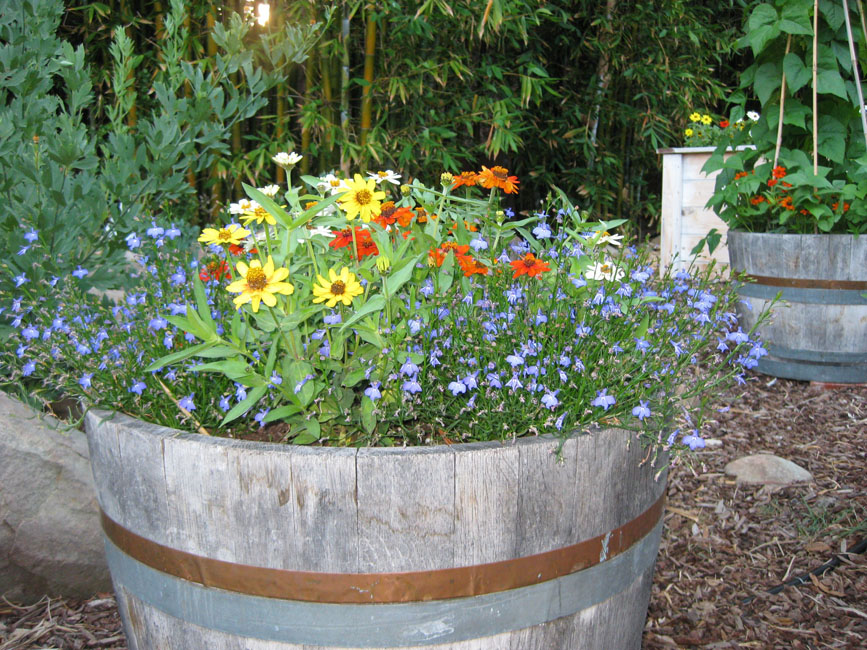
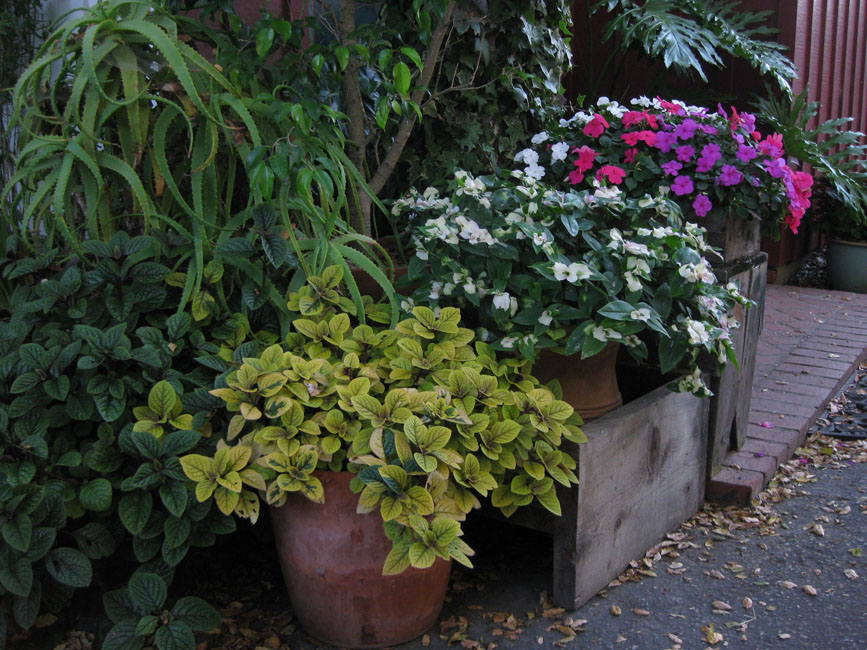
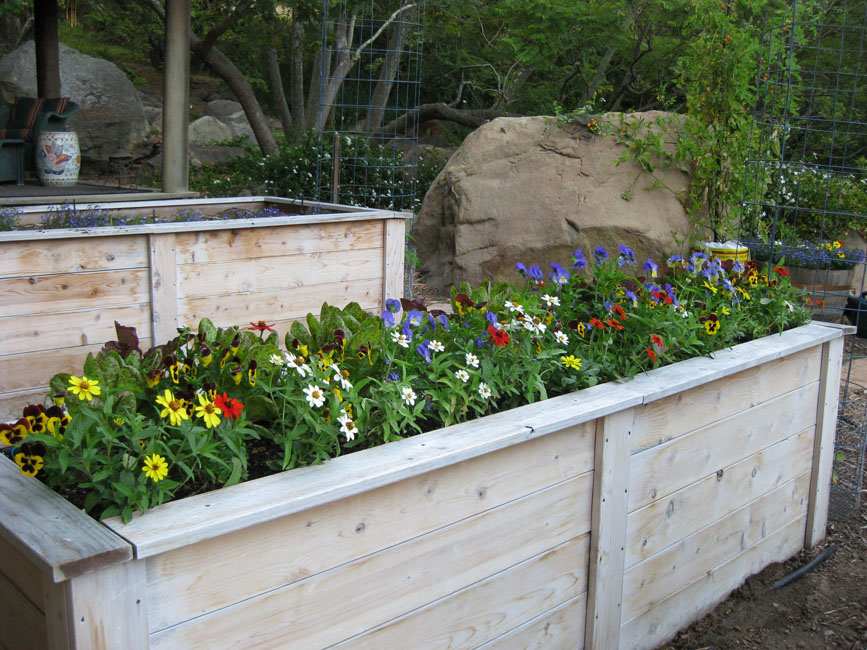
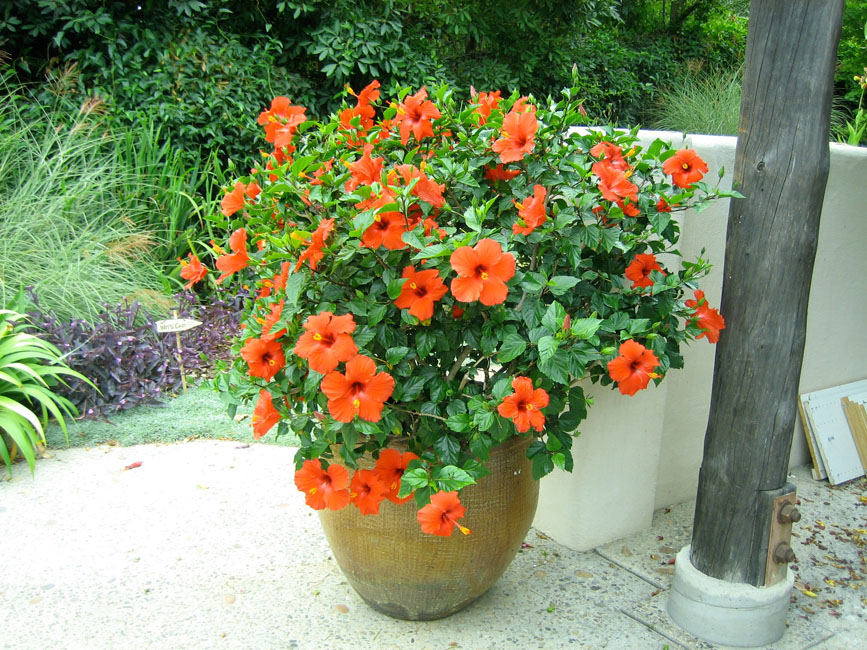
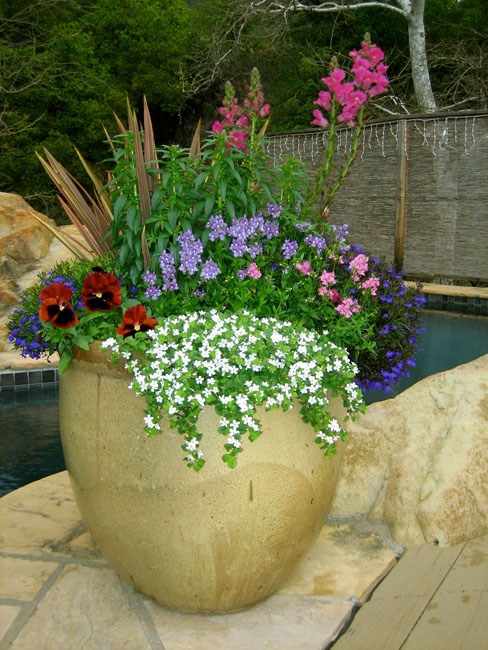
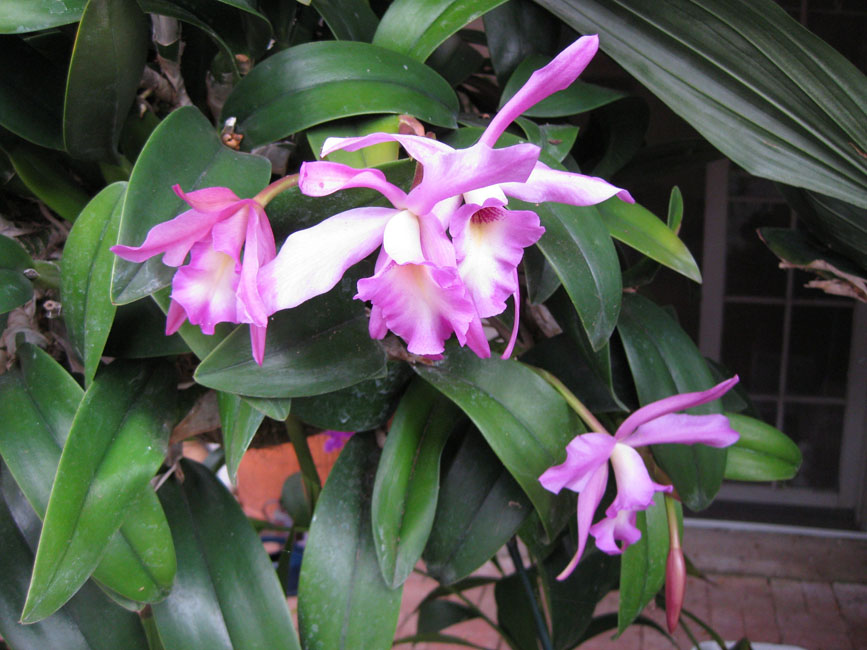 These days, since orchids are so inexpensive to buy (Trader Joe’s and Costco), they can be enjoyed in the home in lieu of cut flowers and then pitched into the green bin to recycle when they’ve finished blooming.
These days, since orchids are so inexpensive to buy (Trader Joe’s and Costco), they can be enjoyed in the home in lieu of cut flowers and then pitched into the green bin to recycle when they’ve finished blooming. 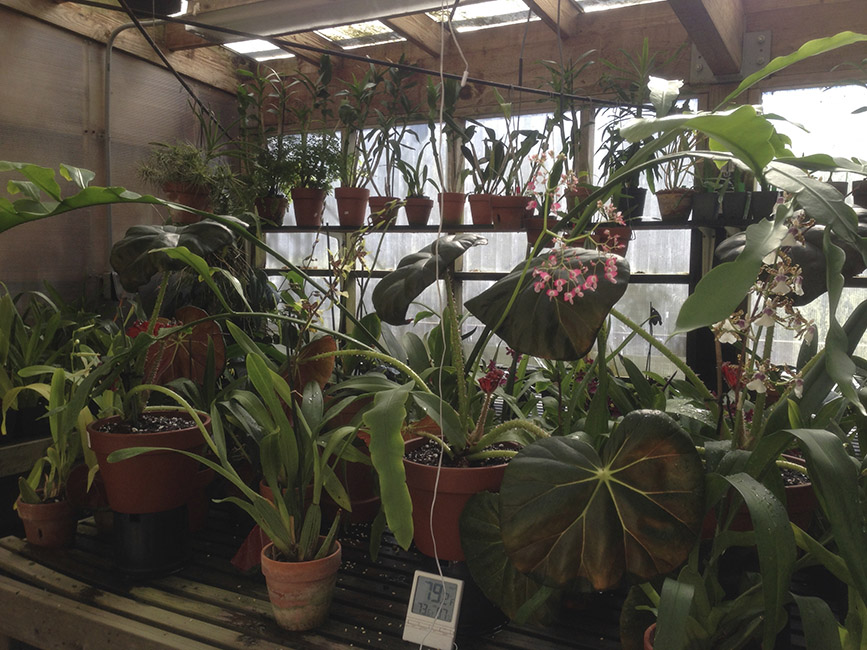
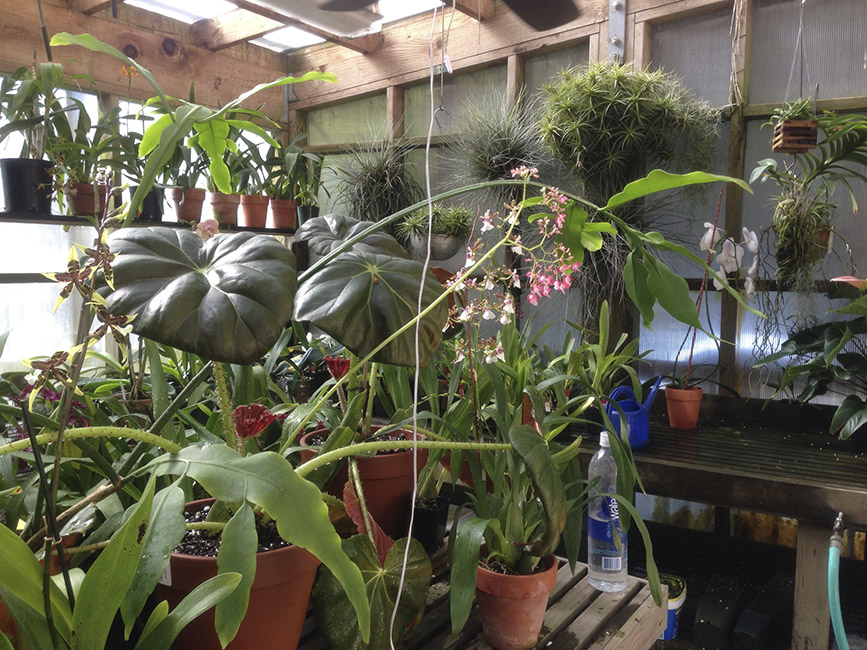
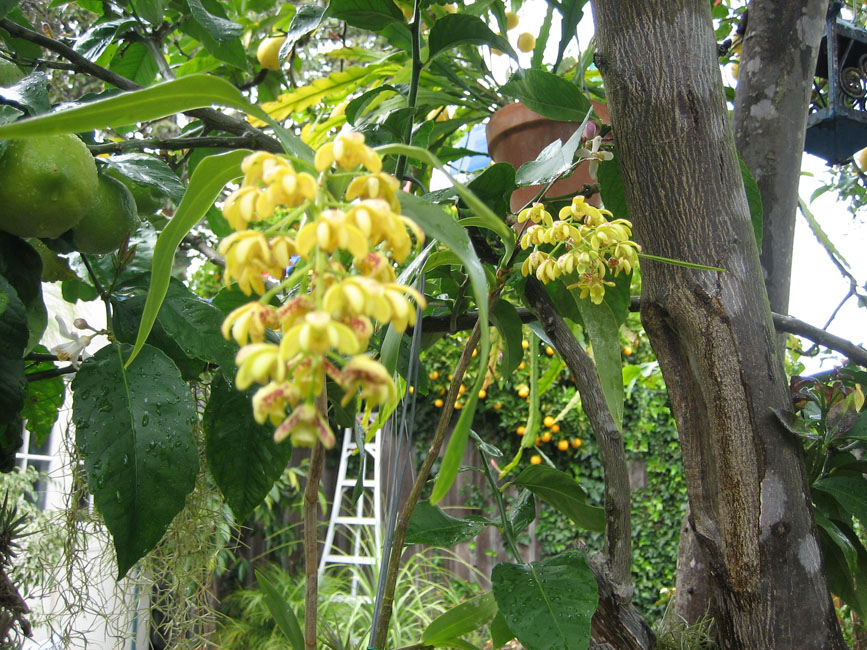
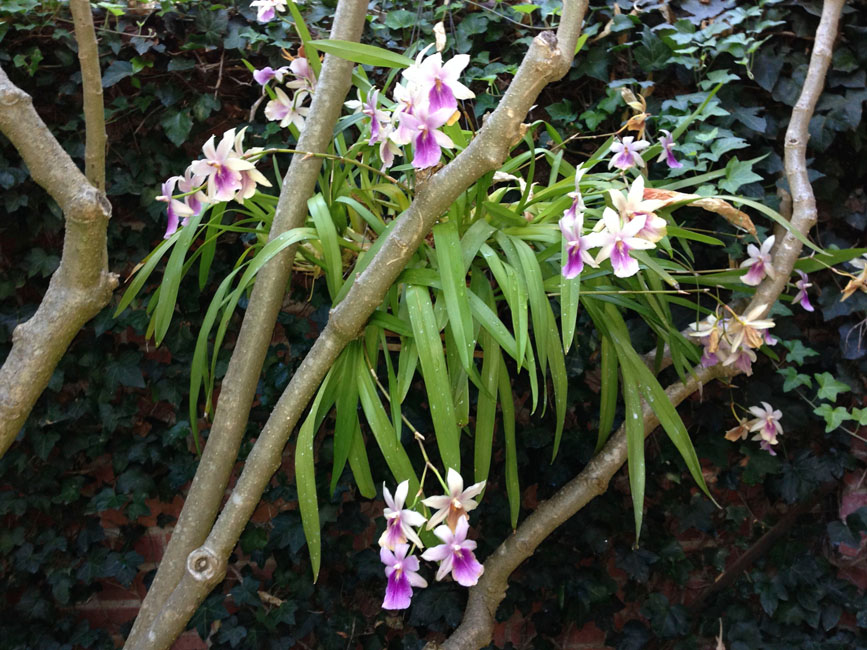
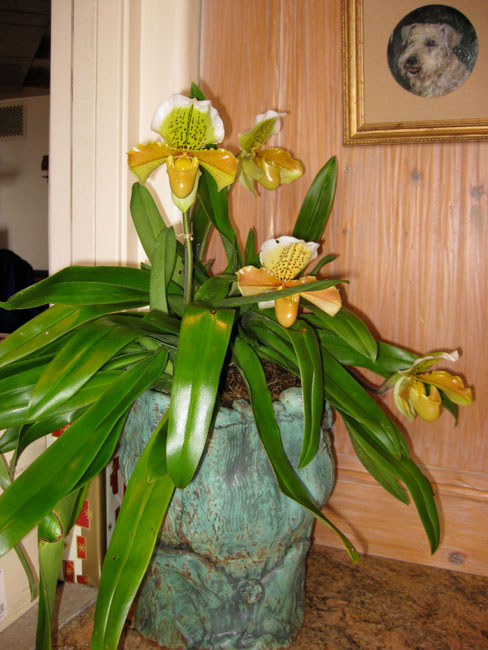
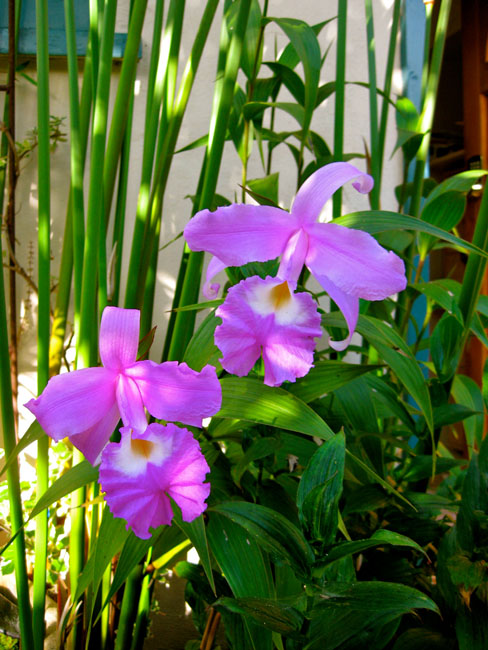
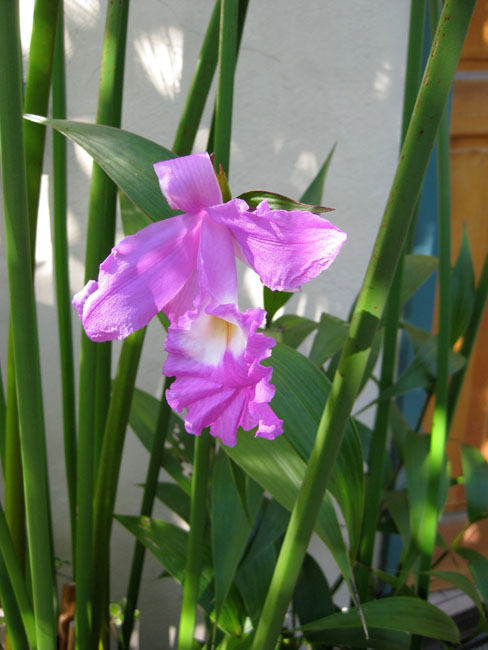
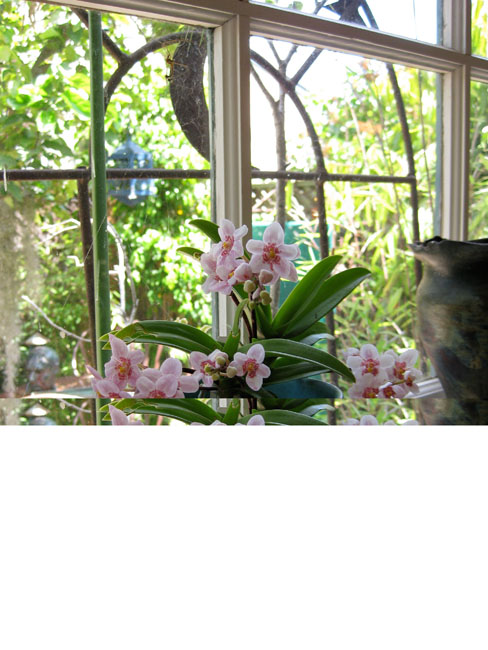
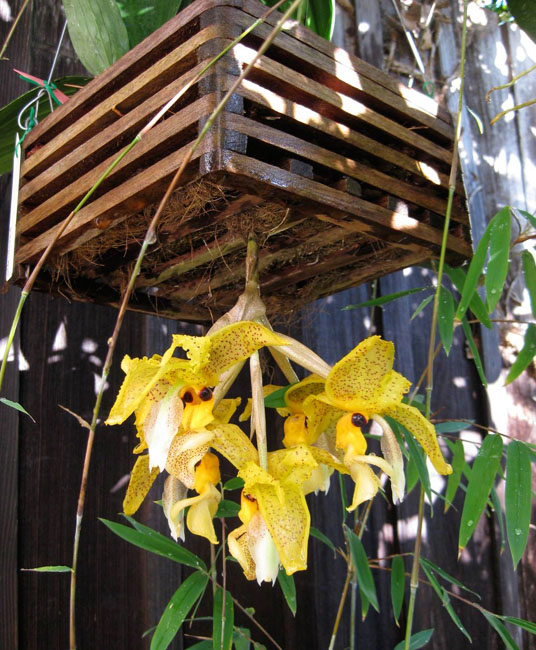
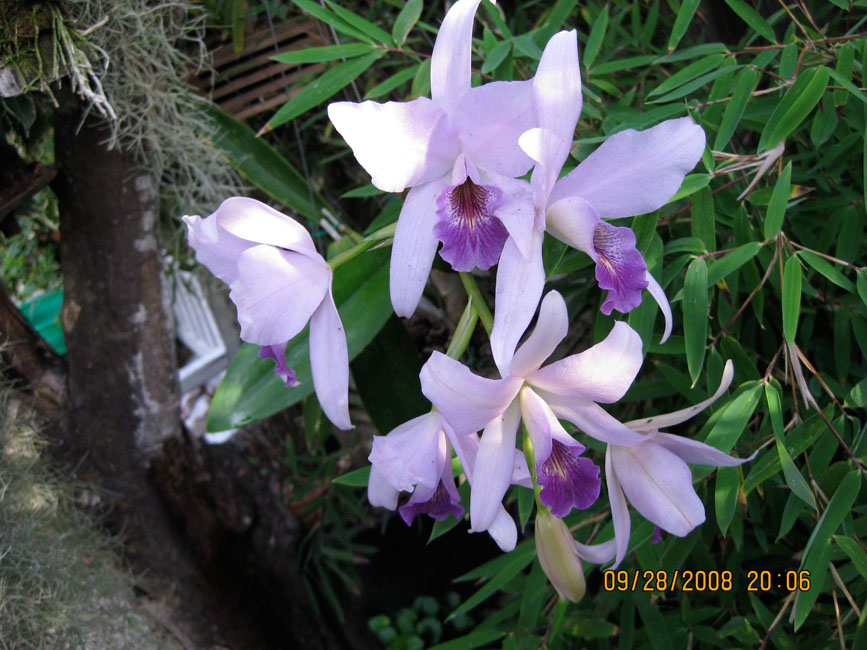
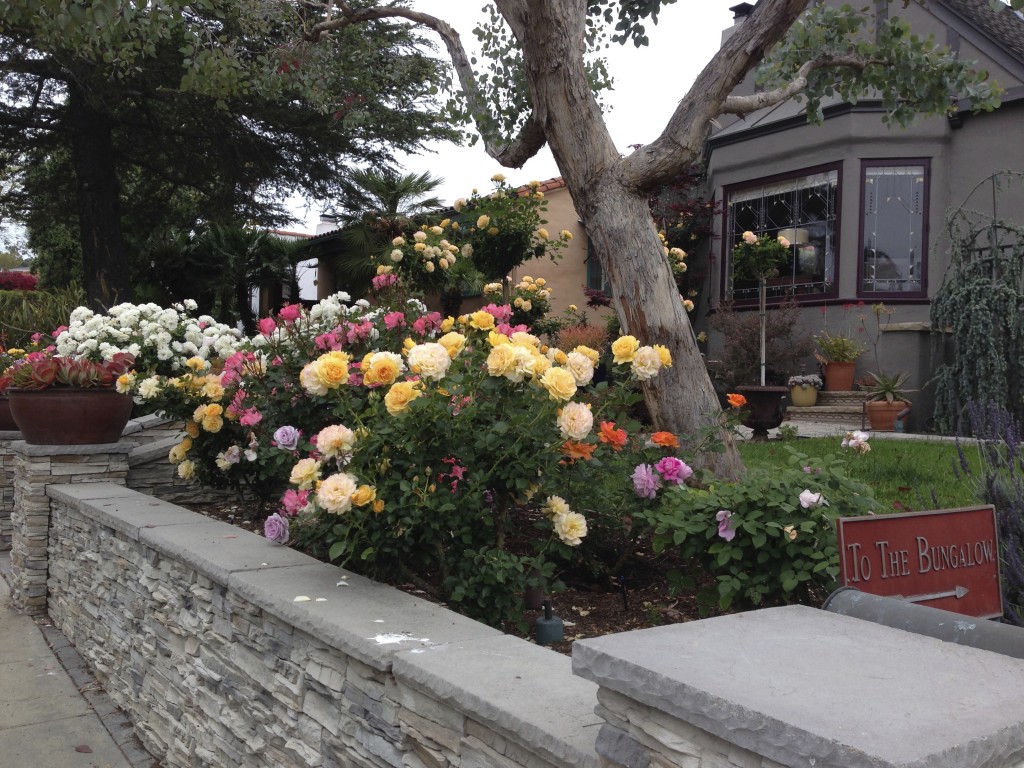 Sometimes it can be a challenge to grow healthy roses in Santa Barbara. They don’t like our seasonal “May Gray”and certainly resent our “June Gloom.” Also, if we have a mild winter, the bushes don’t go fully dormant and can’t get enough rest before performing again in the spring. It’s surprising too, that pruning them back improperly in the winter and even cutting blooms for the house or deadheading the wrong way can set your roses back and make for a longer than necessary down time between blooms.
Sometimes it can be a challenge to grow healthy roses in Santa Barbara. They don’t like our seasonal “May Gray”and certainly resent our “June Gloom.” Also, if we have a mild winter, the bushes don’t go fully dormant and can’t get enough rest before performing again in the spring. It’s surprising too, that pruning them back improperly in the winter and even cutting blooms for the house or deadheading the wrong way can set your roses back and make for a longer than necessary down time between blooms.








